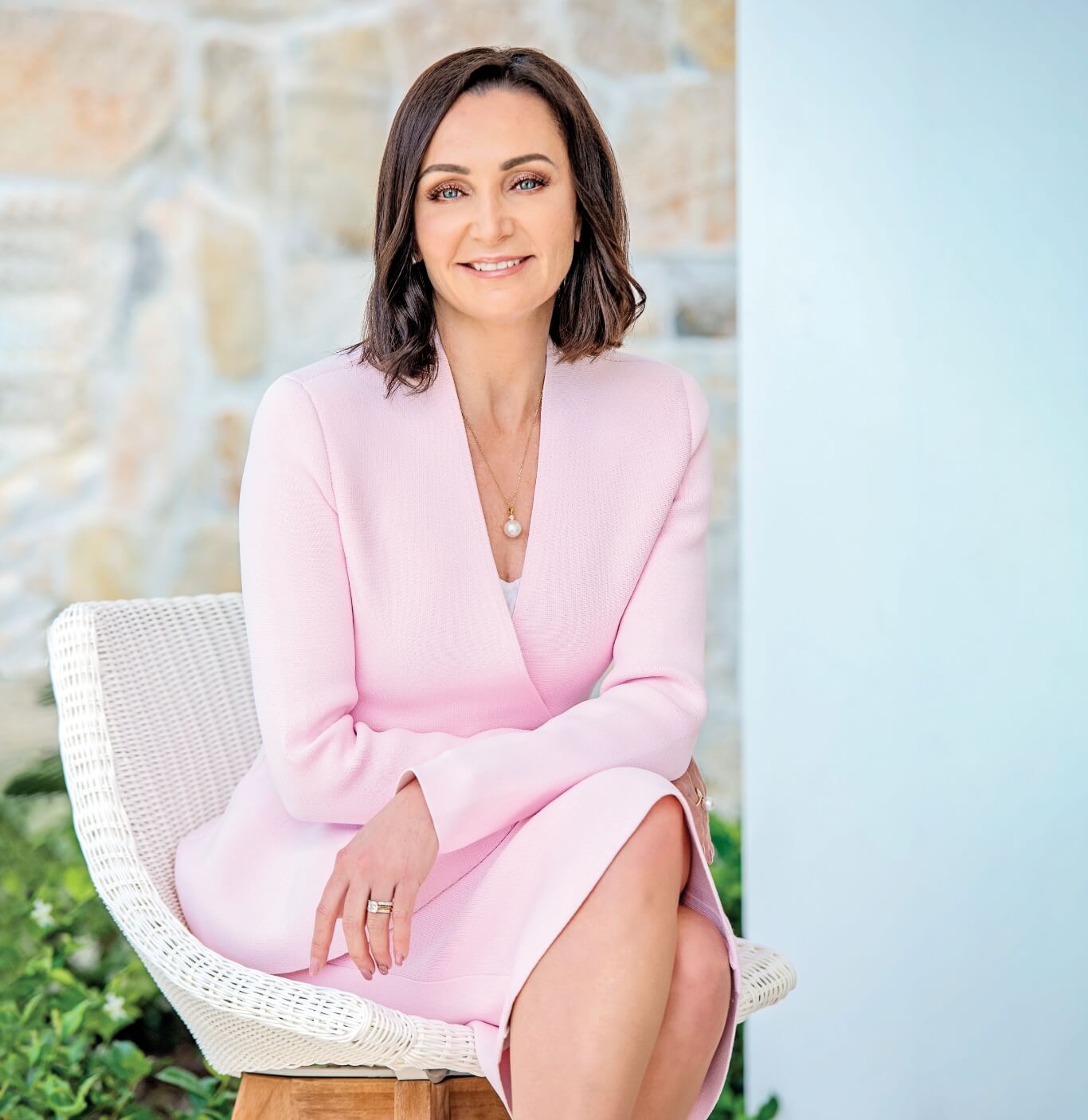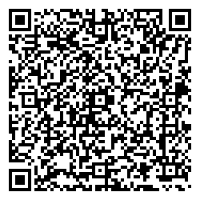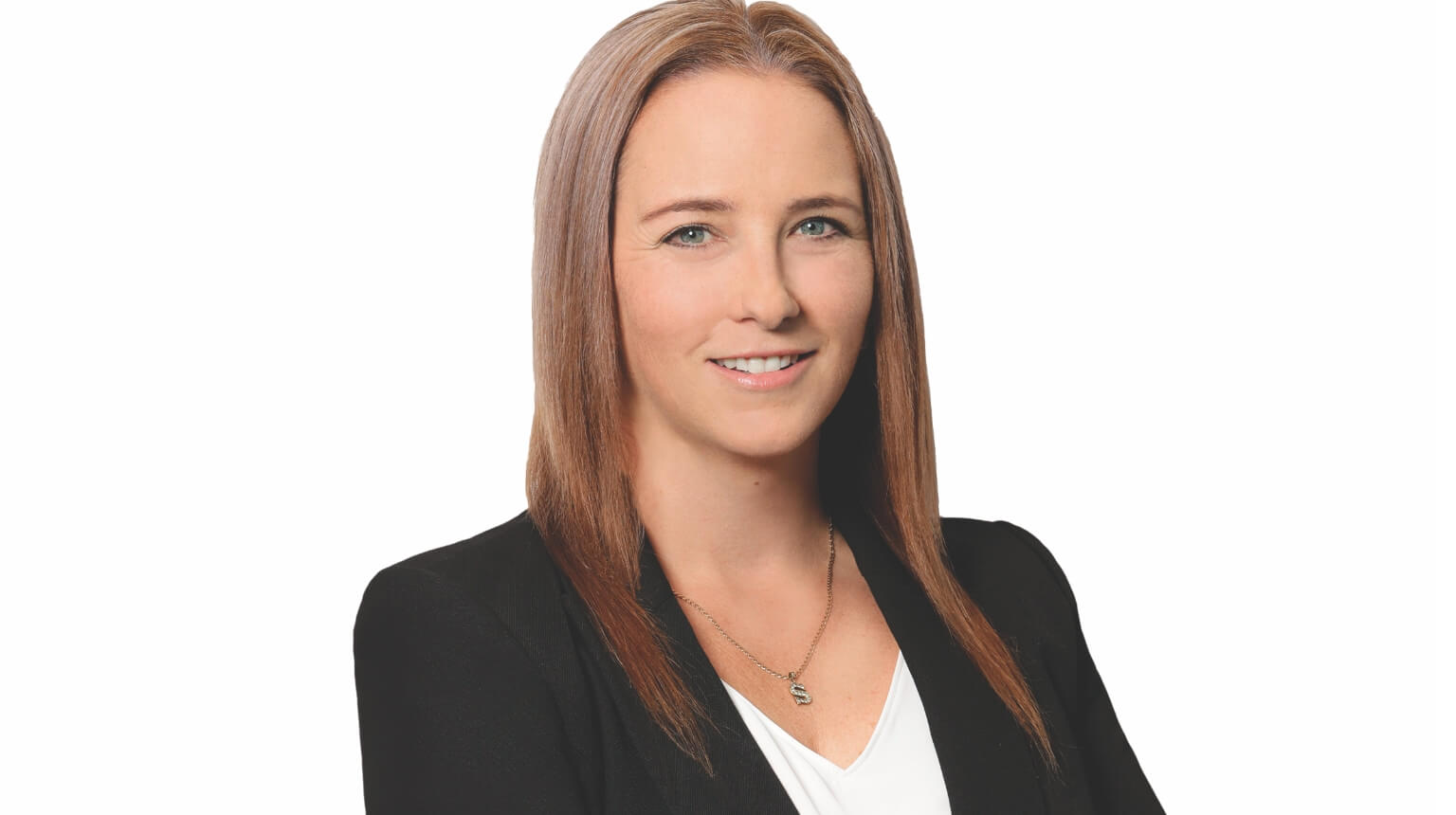Q. How would you describe the journey of your business?
I set up the business in August 2007, so now I’m nearly 18 years in. It’s grown from being just me – a little one-man band – to a team of 15.
It has more or less been a steady flow. And that’s because from the time I started the business, my attitude was always going to be that I would be very conservative in my approach, but always very structured and planned.
I would be very conservative in my approach, but always very structured
Q. What has been your approach to business building?
Every six months, we sit down and look at the plan for the [next] six months and what that’s going to look like. I’m religiously reviewing the business and my staff accordingly.
The reason I’m doing it every six months – and it feels like it comes around very, very quickly – is because your focus sometimes changes every six months. What we want to do today could be very different in six months’ time depending on so many things.
I think the pandemic has really shown us that we never know what tomorrow is going to look like. You can’t forecast what you want to do for the next two years when you don’t know what tomorrow is going to look like.
That’s why every six months, it’s in the calendar. It’s in the diary. We never deviate from it.
Q. Why did you open these planning sessions to the wider team?
I don’t do their job. I’m sitting in front of the clients and I’m doing that initial interaction and we’re bringing the clients into the business, but I’m not doing the processing, I’m not doing the customer care with the pricing, etc. I’m overseeing it, but I’m not doing it.
So, if I’m going to ask my staff to start making strategic changes to the business and their job, then I need to make sure that they’ve got buy-in.
Q. How do you approach these sessions?
I actually don’t do a lot of talking. In those sessions, I will sit back and almost be a bit of a facilitator. You’ll find that what happens is the entire team then starts talking and bouncing off each other and giving us great ideas in regard to what we can and can’t do.
I’m the one that will tick it off and say: “Well, if you think that’s going to work, let’s do it.”
Q. You also have your own business coach. What prompted you to get a business coach?
I spent so much time working in the business and not on it. I was the person who would always say: “I’ve got to get onto that, I’ll do it on Monday.” But Monday never came around. And before you knew it, it was six months on. That’s why I decided to get a business coach.
I needed someone who was going to make me accountable. The business can’t grow and we can’t make these changes without me working on the business. And he just makes me accountable.
Q. Is there anything else you do to ensure your team is happy?
I do monthly one-on-ones. [My staff] has an hour with me once a month where it’s just me and them – whatever they want to do. That gives them that time with me where it’s just about them and they can talk to me about whatever they want.
Don’t get me wrong, they can always go into the office and talk to me. But at least then they’ve [also] got that allocated time. It is so important because as a leader, your team just wants a piece of you. They want to feel seen and heard.




